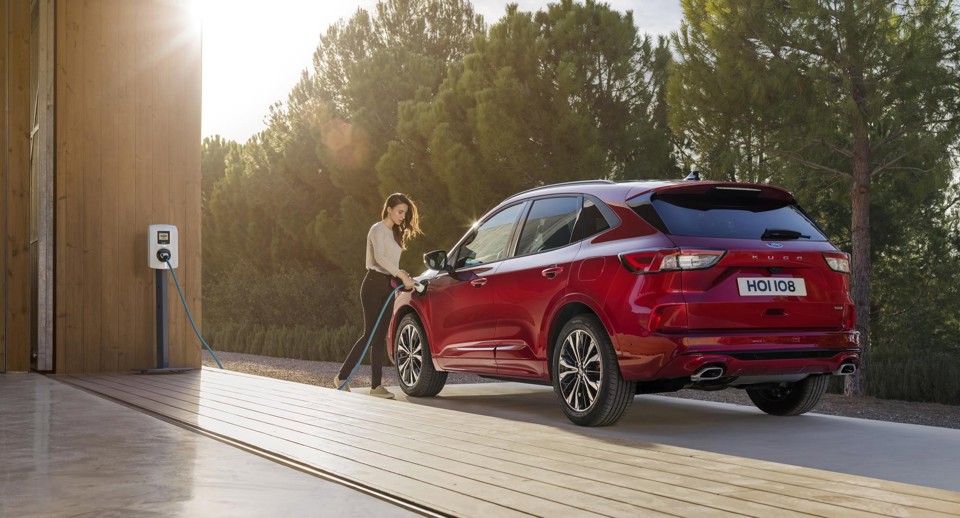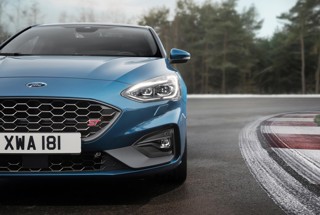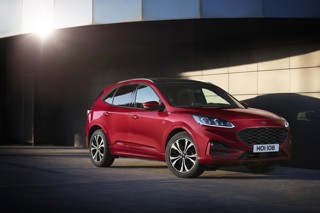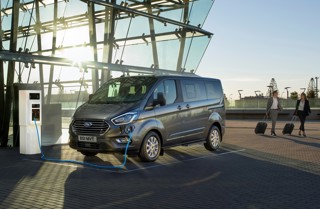Ford has developed a smart algorithm to identify the most beneficial places to locate new rapid charging units.
Data scientists at the company have developed the algorithm, based on more than one million kilometres of driving data and including where vehicles actually stopped, to pinpoint the places that could help drivers integrate charging within their operating patterns, rather than making special journeys to out-of-the-way locations.
Following analysis in Greater London, they concluded it would be possible to significantly improve access to on-the-go charging through deploying a relatively small number of strategically positioned rapid-charging stations.
John Scott, project lead, City Data Solutions, Ford, said: “Being able to harness, analyse and leverage the huge amounts of data that is available through existing vehicle use can make a real difference to how easy we find it to get about in the cities of the future.
“We at Ford are committed to delivering smart vehicles for a smart world – including electric vehicles that will contribute to cleaner, quieter towns and cities.
“But we also want to try to use data to help improve investment efficiency into the necessary infrastructure to support that approach.”
As part of its Ford City Data Solutions Report, Ford fitted 160 connected vans with a plug-in device to record journey data.
This generated more than 500 million data points, from more than 15,000 days of vehicle use, with analysis of this information identifying where charging points would be most useful to a fleet.
Although the vehicles in the trial were not electric, it was possible to understand their operation and forecast their ability to access charge points as if they were.
By seeing where vehicles travelled, where they parked and for how long, Ford was able identify ways in which charging could be integrated within regular journeys, especially for businesses whose drivers might make multiple stops, for example, to make deliveries.
It is an approach that Ford envisages could be extended to further cities, the data coming from connected vehicles, and enabling those cities to more effectively plan how to spend their infrastructure budget.
Ford last week revealed a range of new vehicles under a new Ford Hybrid banner.
The 16 electrified models will cover everything from small family cars to SUVs and people movers – with a Mustang‑inspired performance SUV and fully electric Transit van on the way.
Future all‑electric vehicles will be supported by the IONITY consortium that aims to build 400 stations in key European locations by 2020.
Scott added: “Electrification changes the way we drive – and refuel – our vehicles.
“We realise that charging time and behaviour are fundamentally different for electric vehicles compared with traditional models, where refilling with petrol or diesel may take only five minutes.
“In locating these additional charging points, we’ve attempted to take into account regular driving and stopping patterns so that topping up slots into drivers’ regular day-to-day activities.”





















Login to comment
Comments
No comments have been made yet.